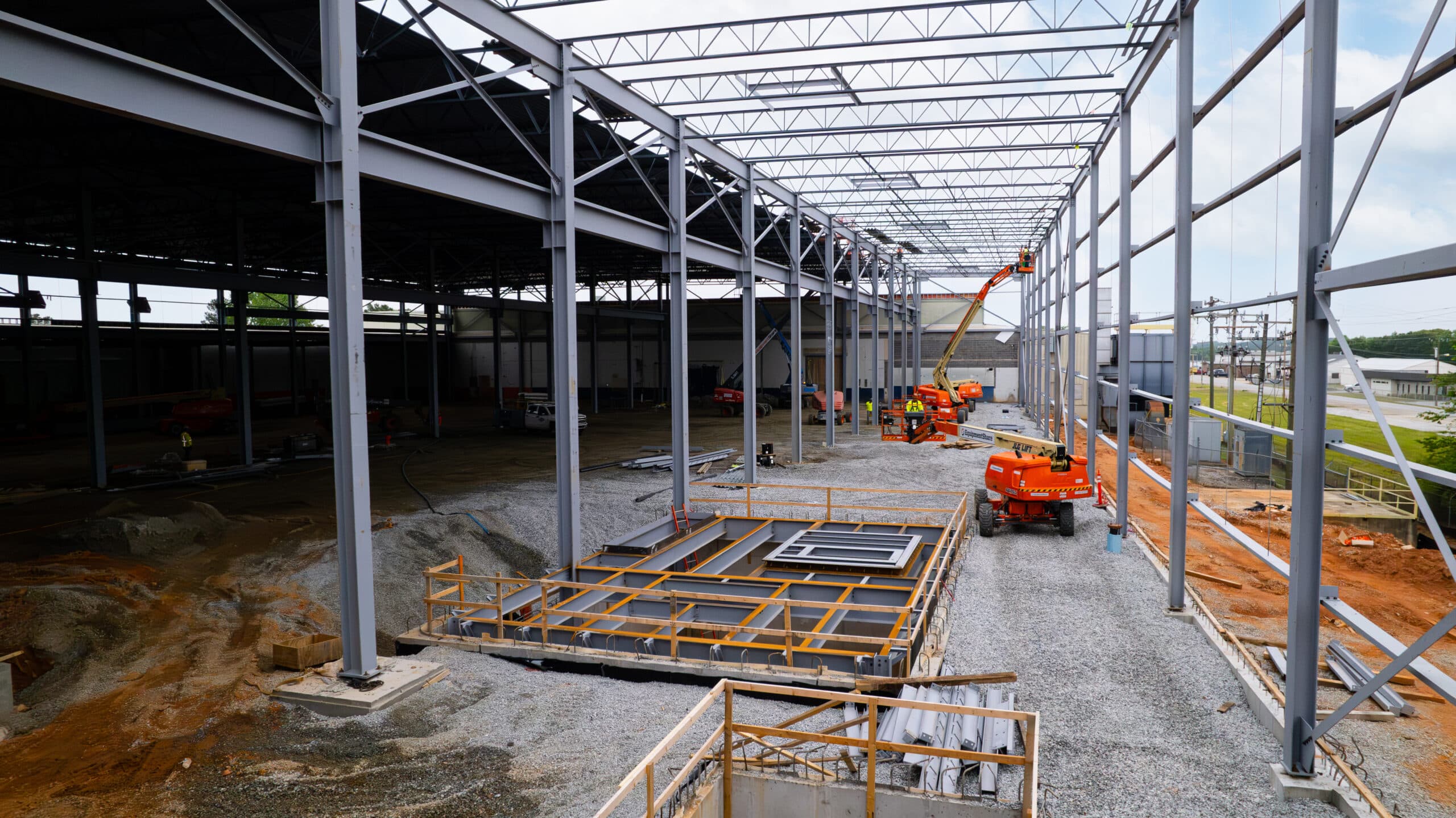During a recession, construction companies can face numerous challenges, such as reduced demand, increased competition and smaller client budgets. Throughout our nearly 80-year history, Carroll Daniel has navigated the challenges and opportunities that arise during an economic downturn and have leaned on a few key lessons learned to remain a competitive, industry-leading contractor in the markets we serve — despite the factors of the economy.
Here are a few strategic measures and lessons learned for staying competitive in construction, despite the economic landscape.
1. Diversify Services: Catering to a larger market by expanding the range of services and delivery methods offered to clients can be an effective way to stay competitive and continue to grow business. Read more about the delivery methods that we offer to our clients here.
2. Target Specific Industries: Certain industries are more recession-resistant than others, such as healthcare, education and government. If your company doesn’t provide construction and design services in any of these sectors, focus on obtaining a project in one of them to develop business in that industry.
3. Invest In Team Member Development: One of our core values at Carroll Daniel is “stewardship.” We focus on building opportunities for our people, equipping them with skills needed for success. Safety remains a top concern in our industry and sending our team members and subcontractors home safely from job sites at the end of each day is a number one priority for us. As such, we founded an internal employee training program to offer our team members frequent courses such as job-specific safety trainings. These classes enable everyone to become more knowledgeable, effective, efficient and safe in the field. During a slow economy, allocating resources to train and upskill team members can enhance their productivity, boost their morale and encourage them to stick with you in the long haul, all of which benefits both the business and the clients.
4. Focus On Relationships: Another Carroll Daniel core value is “relationships.” In addition to investing in your team, focus on cultivating even stronger relationships with existing clients. Remain committed to communicating regularly with stakeholders, demonstrating exceptional customer service and reliability. Satisfied clients are more likely to provide repeat business and refer the company to other companies.
5. Enhance Partnerships: Continue to foster relationships with high-quality subcontractors, architects, engineers and other specialty consultants your company has successfully worked with, which can result in increased client satisfaction, repeat business and referrals. Deepening relationships with these established partners will ensure they’ll want to work with your company again, lessening the stress and time of finding partners for jobs and giving you peace of mind that these industry specialists will get each job done correctly and efficiently.
6. Embrace Technology To Improve QC And Collaboration: Upgrading or adopting new technologies can help your business considerably with quality control (QC), improving cost management and staying on schedule. Investing in construction tools and construction management software can increase your ROI — these tools allow all team members to collaborate on up-to-date designs and documents in real time, eliminating miscommunications and conflicts.
As part of our Virtual Design and Construction (VDC) department, we also utilize 3D laser scanning to map out existing areas of facility interiors with pinpoint accuracy and precision to verify existing conditions and determine that the facility will be fully functional on schedule. We also use drones to take high-quality photos and videos of our projects, which are great for tracking progress onsite.
7. Monitor Industry Trends: Stay informed about industry trends, emerging technologies and changes in regulations, particularly from the Occupational Safety and Health Administration (OSHA). Anticipate shifts in the market and adapt your business strategy accordingly to seize new opportunities.
By implementing any of these strategies, construction companies can navigate through a recession successfully and maintain a competitive edge in the industry. Remaining flexible and adaptable, building relationships and focusing on delivering value to clients is key to surviving and thriving in challenging times.


